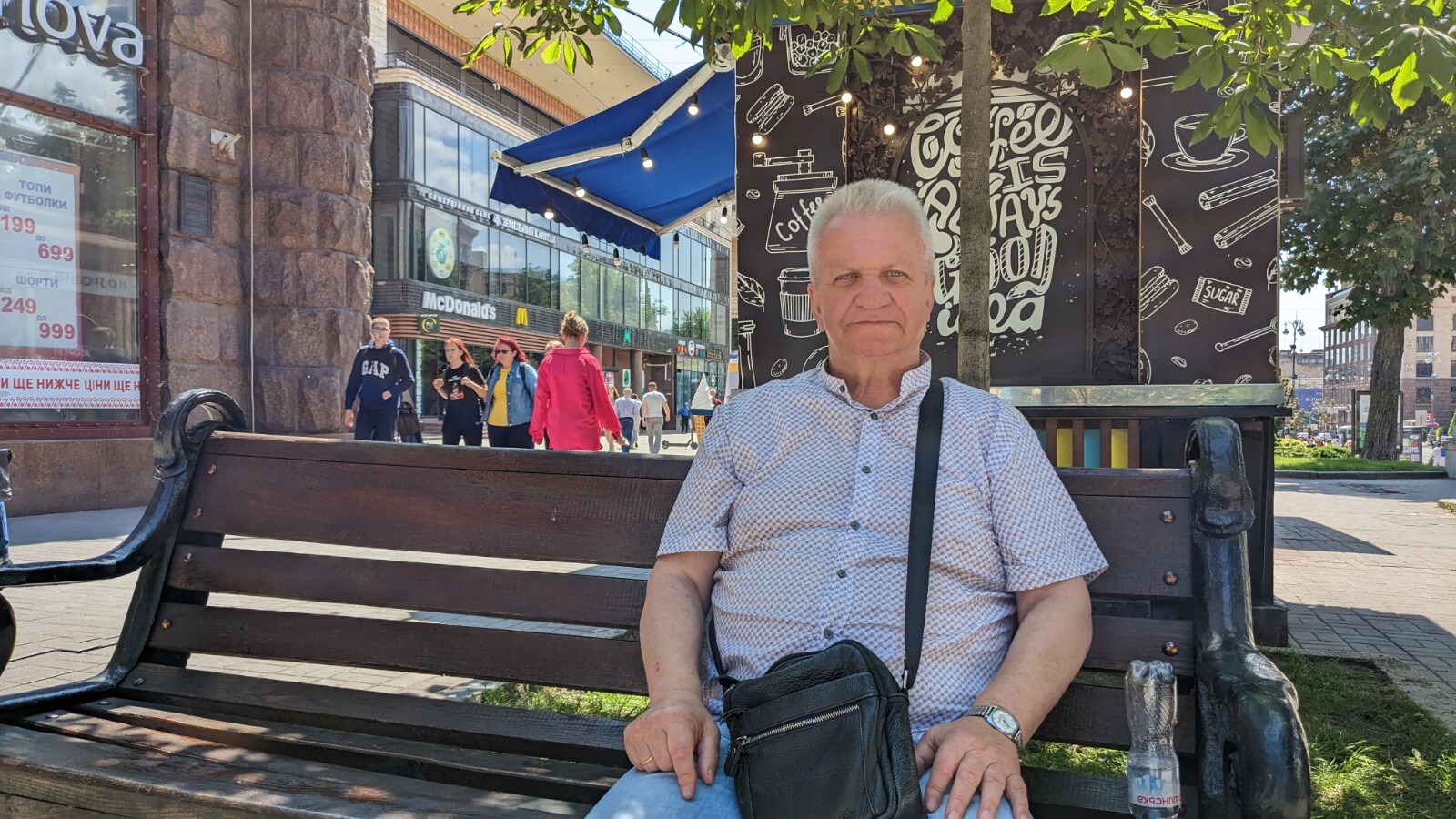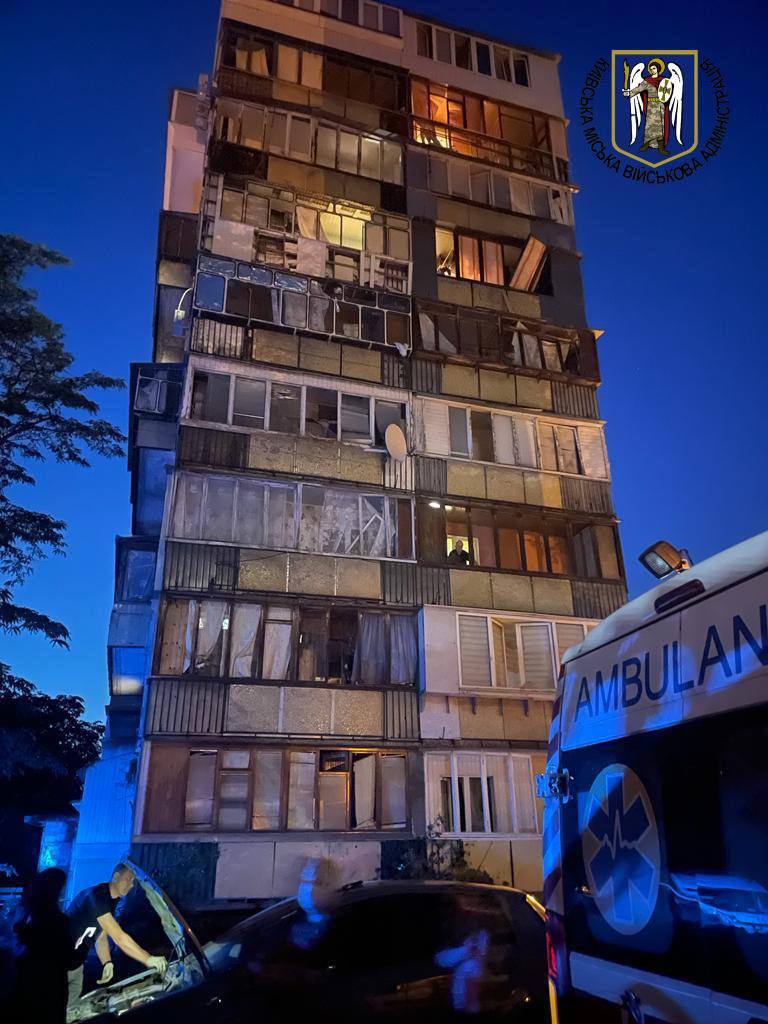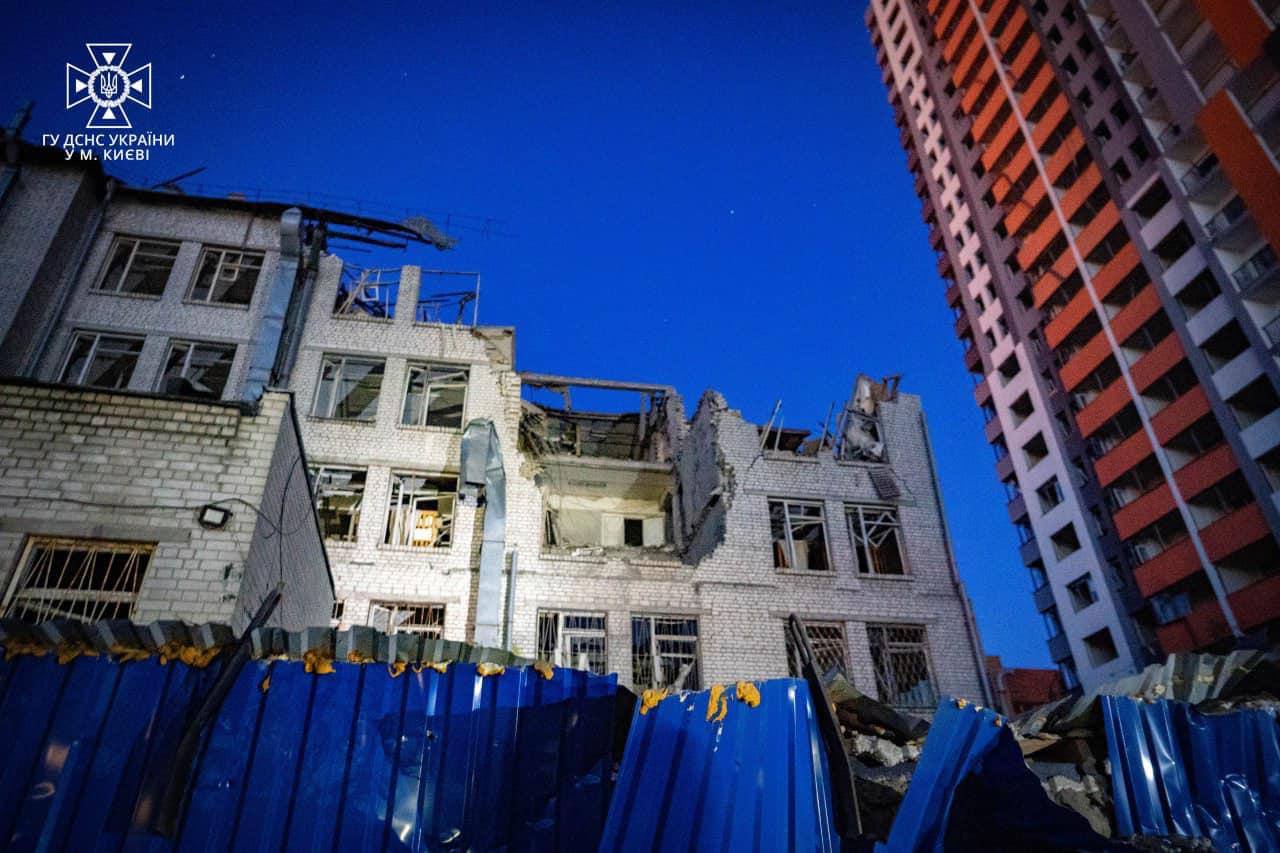“We have only become angrier,” 63-year-old pensioner Alla tells Kyiv Post when asked how the people of Kyiv are dealing with a dramatic escalation of Russian missile and drone attacks against the capital.
“We hate them even more. The mood is combative. Everyone I speak to has become angrier and more radical-minded – complete rejection of Muscovites."
JOIN US ON TELEGRAM
Follow our coverage of the war on the @Kyivpost_official.
Alla speaks on a gloriously sunny Wednesday in a park in central Kyiv, where the sight of people strolling amid blossom-laden trees belies the terror that has plagued almost every other nighttime in the capital for a month.
- Obtain the most current Ukraine news articles released today.
- Russian Losses in Ukraine War
A Kyiv Post analysis published on Wednesday found that at least 563 missiles of various categories and Iranian-made Shahed drones that were fired against Ukrainian settlements and territories from the beginning to the end of May.
Most of these targeted Kyiv in some 20 attacks. Though the capital’s now-excellent air defenses shot down over 90 percent, the incessant sound of explosions and the risks posed by falling debris are disruptive at best, fatal at worst. In the early hours of 1 June, a mother and her 11-year-old daughter lost their lives.
“I have grandchildren here,” says Alla. “Of course, I worry for them first of all. They are nine and 11 years old, and they get traumatized. They fall asleep during lessons because they don’t get enough sleep.

Norway Doubles Ukraine Aid to €7B
“Children are psychologically tired. But angrier. One of my grandsons always spoke Russian, and now, even when he plays games with his friends, he asks them to speak Ukrainian.”
But if the Kremlin’s aim is to demoralize Kyiv’s population, it’s actually having the opposite effect.
“Russians want us to be scared, panicked, to give up,” 62-year-old pensioner Hryhoriy, tells Kyiv Post. “But we are freedom-loving people. We have never had a king, so we will not give up.”

Hryhoriy enjoying the last day of spring in central Kyiv. PHOTO: Kyiv Post.
This sense of defiance is pervasive in all those Kyiv Post spoke to, as the capital bands together in the face of the biggest onslaught from the Kremlin since the beginning of Russia’s full-scale invasion.
“They can’t intimidate us,” Natalya says. “All of Kyiv is working.”
Anton, a 25-year-old entrepreneur has stayed in Kyiv for the duration of the war and says he has “developed some kind of immunity, and I do not feel fear.”
He adds: “The day before yesterday, when there were explosions, I spent all the time on the balcony, watching the work of air defense.”
Andriy, a 35-year-old state service worker admits the constant bombings are “not very pleasant” but insists people have adapted to the new reality of this stage of the war.

A building in Kyiv damaged in the latest Russian strike on the capital. PHOTO: Kyiv City administration.
“So, there is no panic,” he says. “I just don't like it. The war has been going on for a long time, so people have adapted. We live and move on.”
The fact Kyiv Post is asking how the capital’s residents are dealing with just explosions and falling debris and not mass casualties in the hundreds and possibly thousands is due in no small part to the air defenses provided by Ukraine’s Western partners, in particular the US-made Patriot system which has proven itself night after night in Kyiv.
The Kremlin has been firing its hypersonic Kinzhal missile – touted by Moscow as superior to any NATO long-range strike weapon and able to overcome any air defense system in the world – repeatedly at Kyiv, with no success.

Another building in Kyiv damaged in the latest Russian strike on the capital. PHOTO: Kyiv City administration.
“Kinzhals? Now we catch them too,” Natalya tells Kyiv Post. “They have already done everything they could.”
What else Russia can throw at Kyiv is up for debate but the feeling that the war is escalating was solidified earlier this week with an unprecedented drone attack on Moscow.
Kyiv did not claim responsibility for the attack but the issue of whether Ukraine has the right to strike targets on Russian soil is now top of the international agenda.
While the US has hedged its opinion slightly (essentially “we don’t tell them what to do, just don’t use our weapons to do it”), the UK and Germany have said such strikes are legitimate.
On the streets of Kyiv, the latter view is evident in spades.
“If we hit their faces, they will go away,” another Alla tells Kyiv Post. “Muscovites do not understand another language.
“So that [drone attack on Moscow] was fair. We have to defend ourselves, and this is defense.”
Hryhoriy concurs, saying he is “in favor of continuing these attacks.”
“Because the [Russian] people there are to blame for everything. They live like they are on some other planet.
“But they must understand what war is, and they must not relax.”
You can also highlight the text and press Ctrl + Enter











